I may know as much as anyone in the world about the nature and function of lines breaks. That’s not a major boast: there isn’t much to know about them, and understanding them doesn’t take research or study, just a little commonsensical thought. I’m making them the subject of this entry because of a thread at New-Poetry I got involved with. A few of the contributors to the thread seemed to me to be having trouble fully understanding the device. Anyway, I’ve decided to write a minor primer about it, bringing back my recent Poem poem to illustrate its simplest functions:
. Another Failure
. For half the night
. Poem struggled mightily
. to sing himself a sleep
. that melted understandings into him
. as intricately deepening as April rain
. dislodging a woodland’s smallest wisdoms;
. but nowhere in it did
. anything extend beyond
. its decimal point.
I will now repeat it, with a comment in purple under each of its lines:
. Another Failure
. For half the night
The poem’s first line-break notifies the reader that he’s in a poem, as does every poem’s first line-break; slows his read to force him to pay at least a little more attention to what’s going on in the language of the poem and what its expressing, particularly its imagery, as do all line-breaks; with the corroboration of the poem’s other lines, if the reader glances at them, informs him of the poem’s pace, in this case comparatively quick; gives his mind a resting place from the possibly difficult material of the poem (again, like all line-breaks); presents a hint (possibly misleading) of the kind of poem the will follow as to style, subject matter, rhythmic nature, technique, point-of-view, and the like, in this particular case, mainly suggesting quotidianness via a commonplace diction, and the representation of a highly standard image; and, finally, setting up a rhyme by leaving “night” in an emphazied location of the poem.
. Poem struggled mightily
The poem’s second line-break does most of the things its first one did but also pretty much establishes the poem as free-verse, and puts “might” near its end to rhyme with the final word of the previous line.
. to sing himself a sleep
The next line-break does little new, but the extra time it gives the reader may help prevent his reading “a sleep,” a key contributor to whatever value the poem has, too hurriedly.
. that melted understandings into him
Coming a little late compared to the other line-breaks, this one is responsible for giving its line a feel of magnitude, importance; I believe it will be welcomed for the pause it provides the reader to think about just what its line and the preceding one mean
. as intricately deepening as April rain
The next line-break lets its line extend even more.
. dislodging a woodland’s smallest wisdoms;
Then a line-break halting its line somewhat sooner than the previous line-breaks halted theirs–perhaps indicating the we’ve reached the poem’s peak and are now quieting.
. but nowhere in it did
Another short line, now, stopped before it says anything–stopped also on a word a more standard line-break would not have, to “merely’ keep the reader from being completely on balance.
. anything extend beyond
The penultimate line-break does little more than prevent the reader from too quickly learning where the sentence he’s reading is going.
. its decimal point.
The poem’s final line-break provides it with a sharp short clear end.
Any questions?
Additional comments: when I wrote this poem, I paid little attention to the line-breaks I was making–they came pretty much naturally. I’m sure that’s the way it wis with most composers of free verse. The “did” I thought about before going with, though, and I think I came back to one pair of lines that sounded wrong, and change the line-break between them.
A reader, too, if experienced, ought not pay much conscious attention to the lineation of a work of free verse–but, if effective, it will have a great deal of influence on his understanding of the poem.
One last comment: in the right hands–those of E. E. Cummings, for example–line breaks can be employed to do much more of value in a poem than they do in “Another Failure.”
.
.
.
This entry was posted on Friday, November 13th, 2009 at 10:07 PM and is filed under lineation, Linguexpressive Poetry, Of Poem, Poetics. You can follow any responses to this entry through the RSS 2.0 feed. You can leave a response, or trackback from your own site.
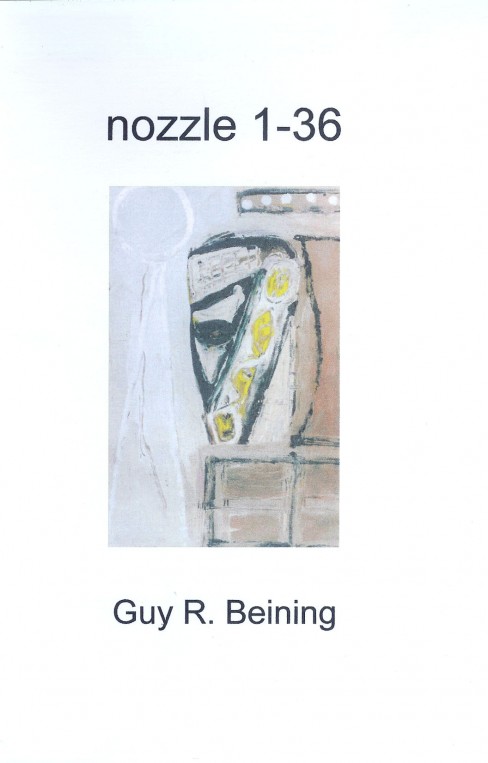
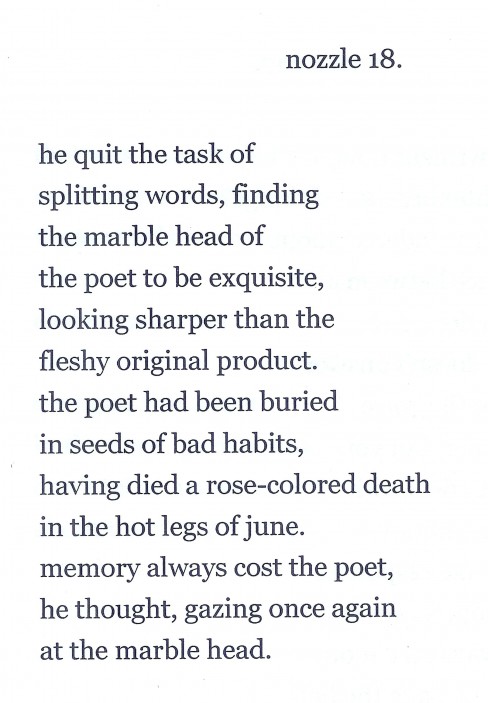
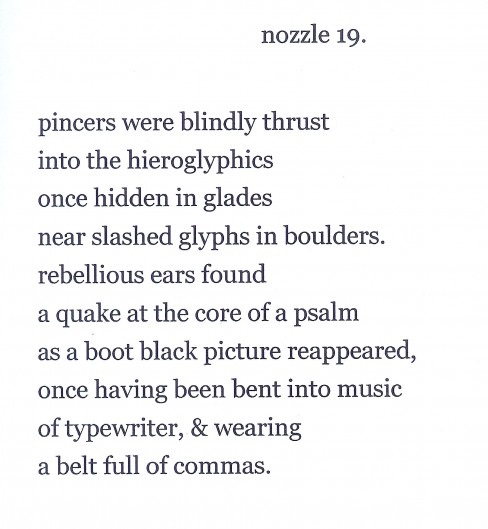


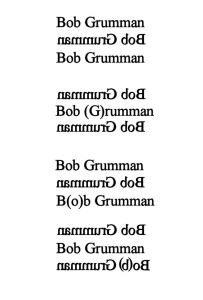






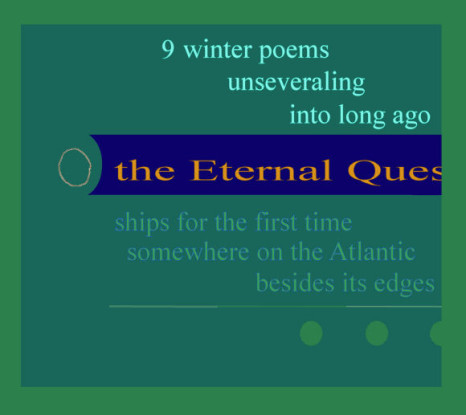
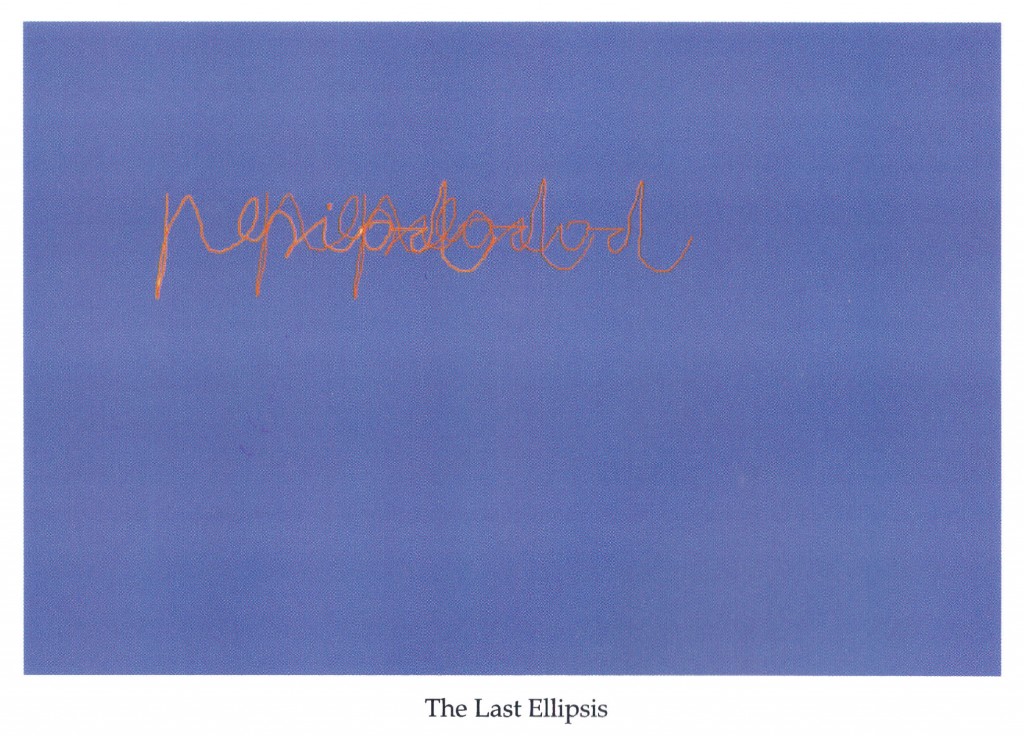

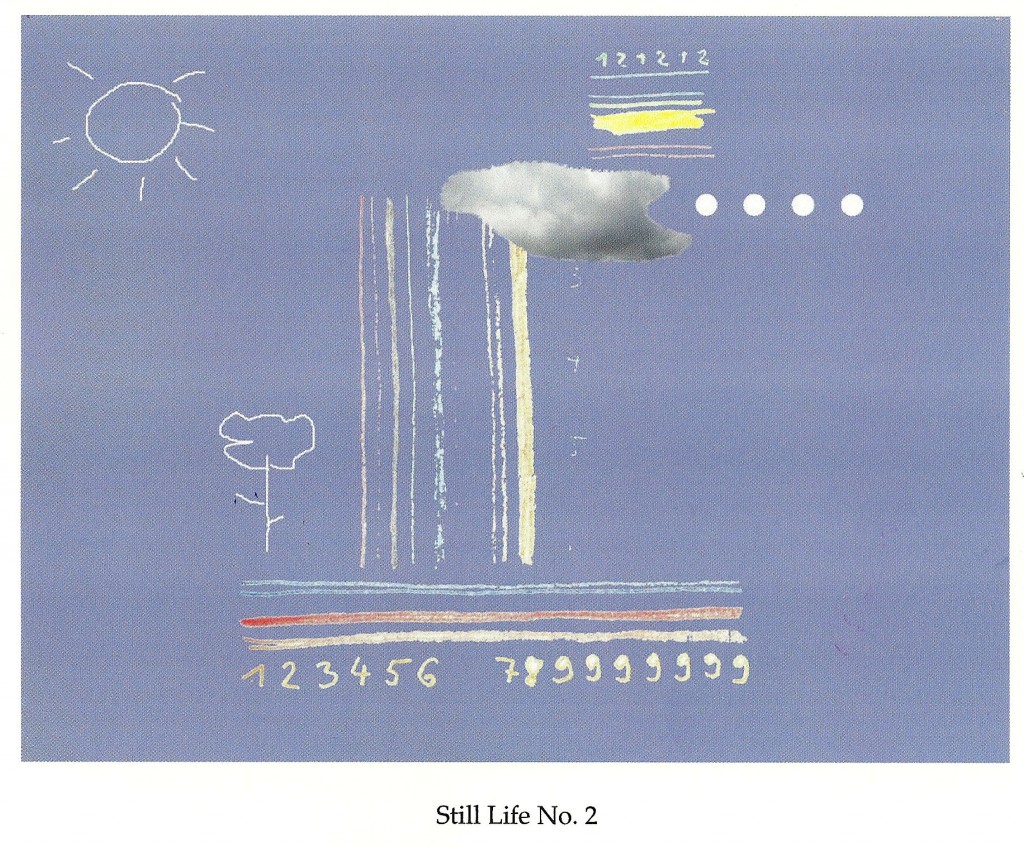
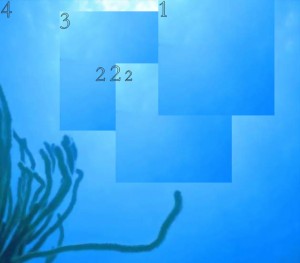
“What most makes the poem a good one, though, is its freshness–the unexpectedness of its infraverbal twist.”
A superb statement of haiku impact, Bob. And I, too, happen to see the haiku potential in pwoermds, especially of the Huth variety. Geof has a genius for them, and some of them have hit me with the same force as the very best haiku.
And thanks for promoting the Canada haiku scene: we usually get lost sometimes in the transborder discussions
Thanks for the kind words, Conrad. I do think I’m pretty good as a haiku-commentator. And I’m always glad to publicize LeRoy Gorman’s excellent haiku review, which seems to me the best periodical around for haiku and haiku-related poems.